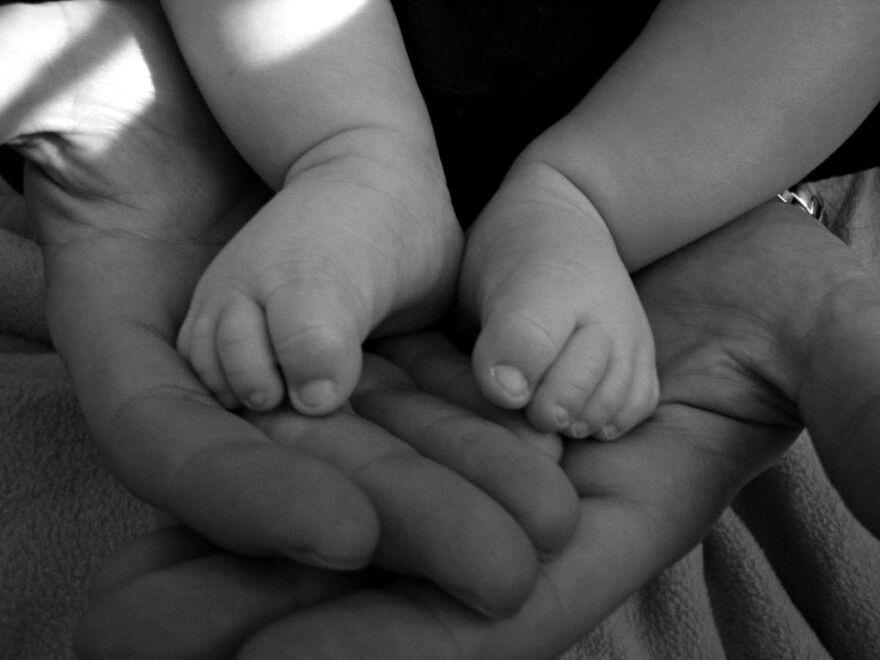When I was pregnant with my son I was lucky enough to work with many new moms. We would take short breaks to grab a cup of joe, in my case, decaf, and I would ask countless questions about what was to come.
One afternoon the subject of fatherhood came up. I had thought about what my husband would be like as a father – simply put, great. But I still knew to a certain degree it would be a wait-and-see game. How do you predict someone’s response to a life-altering change? Something like parenthood can open you up and shut you down, all at the same time. My colleagues were laughing at some of the mistakes their partners had made in the early days - backwards diapers, mismatched outfits. Then, one of the women said to me, “But seriously, when the baby comes, don’t be surprised if you want to divorce your husband. Or kill him. It’s totally normal.”
When our baby boy did arrive, both my husband and I were filled with overwhelming joy and love. I think my friends had prepared me well. I expected the crying, the tears. I just hadn’t expected them to be my husband’s. He loved our child so much, his eyes burst with water around the clock. Within twelve hours of the delivery, I was rocking my baby in one arm, and patting my husband’s back with the other as he would stare at our son, murmuring how beautiful he was, the tears streaming down his beard. When he would hold our swaddled son, the drops would fall, splashing on his little face. At one point, I carefully removed the baby from my husband’s arms so he wouldn’t drown.
The first moments of fatherhood brought out a tenderness in my husband that I have since seen many times. This summer, we celebrated his third Father’s Day. My friend was right, over the past two and a half years there have been moments when I wanted to kill him, but it’s always his tenderness that stops me from going through with it. One of those moments came this week. For as long as I can remember, my 6’3”, strong husband has had a weak stomach. While others might wrinkle their nose at unseemly things, my husband will respond with a full-out gag. Stinky garbage in the can? Gag. A little hair in the shower drain? Gag. Roadkill? Mold? Feminine products? Gag. Gag. Gag. I can’t tell you how many times I’ve heard the familiar, stifled cough as he cleans the contents of our son’s diapers. So, it was no small act of love when he took the night shift during our two-year-old’s bout with the stomach flu.
After a long day of work for my husband and a near-24 hour nursing shift for me, we collapsed into bed and slept, only to be awakened a few hours later by the little voice next door, “Momma! Daddy!” I nudged my husband, mumbling something about gender equality, and he was halfway across the room when the cries became more urgent. “My tummy hurts!,” then the first gurglings of a very sick child. When I made it to the doorway I saw my husband carry our sick little boy into the bathroom, vomit covering him from his earlobe down. Our little guy sobbed in between wretches, “I sick, I sick on Daddy.”
“It’s OK,” my husband cooed, holding our little one. “Just let it all out, Buddy. It’s OK.” He sat there, rocking, rubbing our little boy’s back, a strong stomach and a tender heart.
Lake Effect essayist Lane Pierce is a Listen To Your Mother essayist and 2014 Milwaukee cast member. She writes, wrangles and raises that super toddler with her husband in Whitefish Bay.





